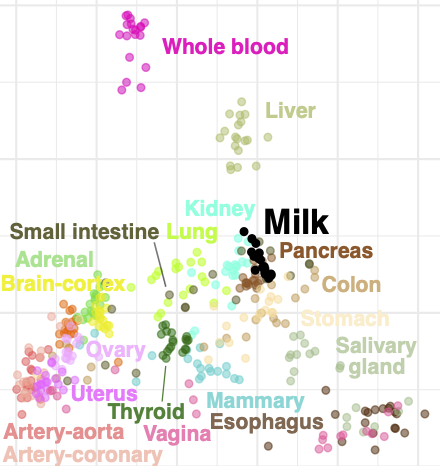
Human milk variation is shaped by maternal genetics and impacts the infant gut microbiome
K.E. Johnson et al., Cell Genomics 2024
Genetics and genomics of
human milk and mother-infant health

Hi! I'm a postdoctoral fellow at the University of Minnesota whose research focuses on the genomics of human milk. Using tools from quantitative genetics, systems biology, and microbiome science, I investigate how lactation and milk variation impact infant and maternal health. I am advised by Frank Albert and Ellen Demerath at UMN, and Ran Blekhman at UChicago. I recieved my PhD in Cell and Molecular Biology from the University of Pennsylvania, where I was advised by Ben Voight.
Banner image: Utagawa Kuniyoshi
Health benefits attributed to breastfeeding include reduced risk of infectious and autoimmune diseases for infants, lower risk for breast and ovarian cancer for mothers, and improved metabolic health for both mothers and infants. However, for many of these potential benefits we do not understand the specific underlying milk components or biological mechanisms. Human milk contains a complex milieu of macronutrients, vitamins and minerals, prebiotic sugars, microbes, antimicrobial peptides, antibodies, and maternal cells. Milk composition varies between human populations, individuals, and over the course of lactation. Despite its health relevance, few studies have examined the heritability or genetics of human lactation and milk composition. The focus of my research is to use tools from human genetics and genomics to improve our understanding of human milk variation, its evolution across human populations, and its impact on human health.

K.E. Johnson et al., Cell Genomics 2024
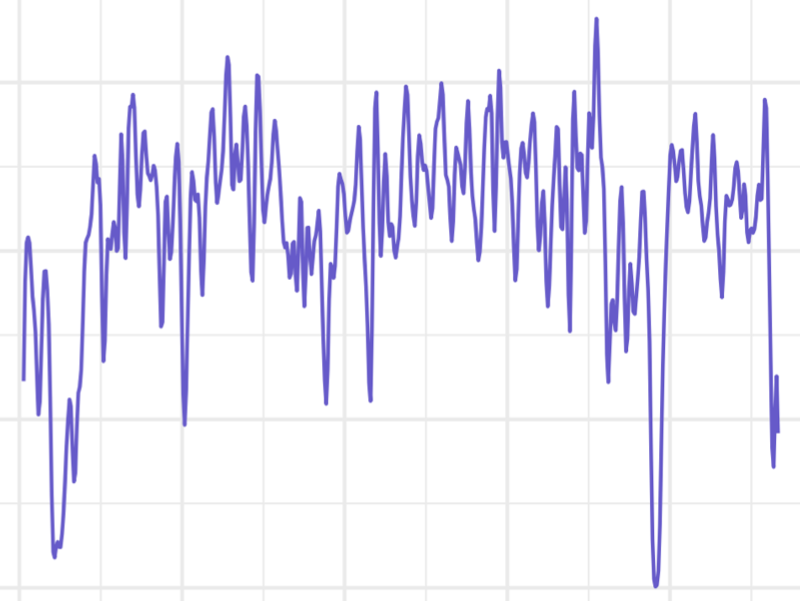
K.E. Johnson et al., Nature Communications 2024
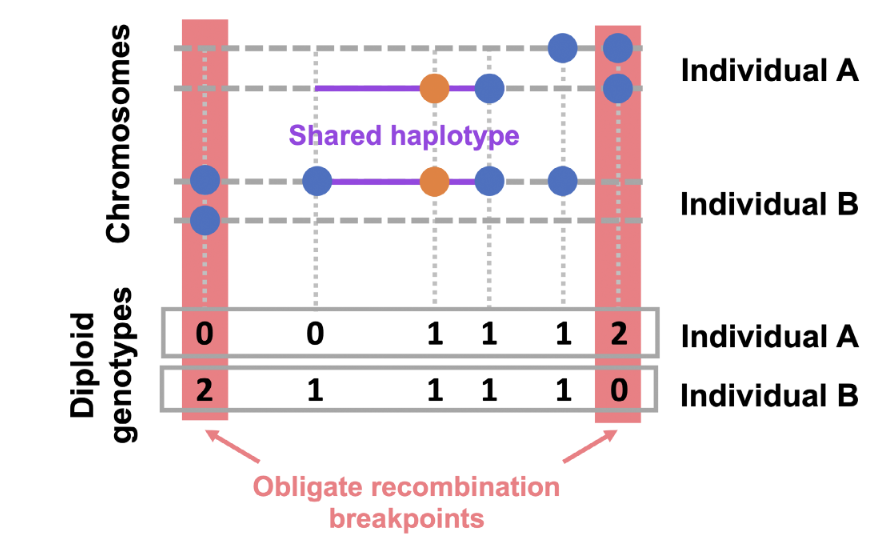
K.E. Johnson et al., Methods in Ecology & Evolution 2022
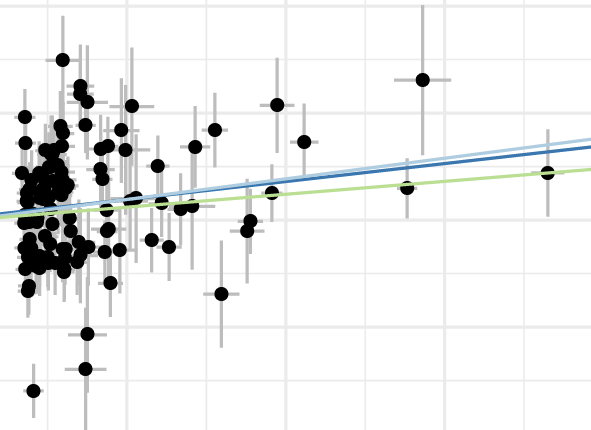
K.E. Johnson, K.M. Siewert et al. PLOS Medicine 2020
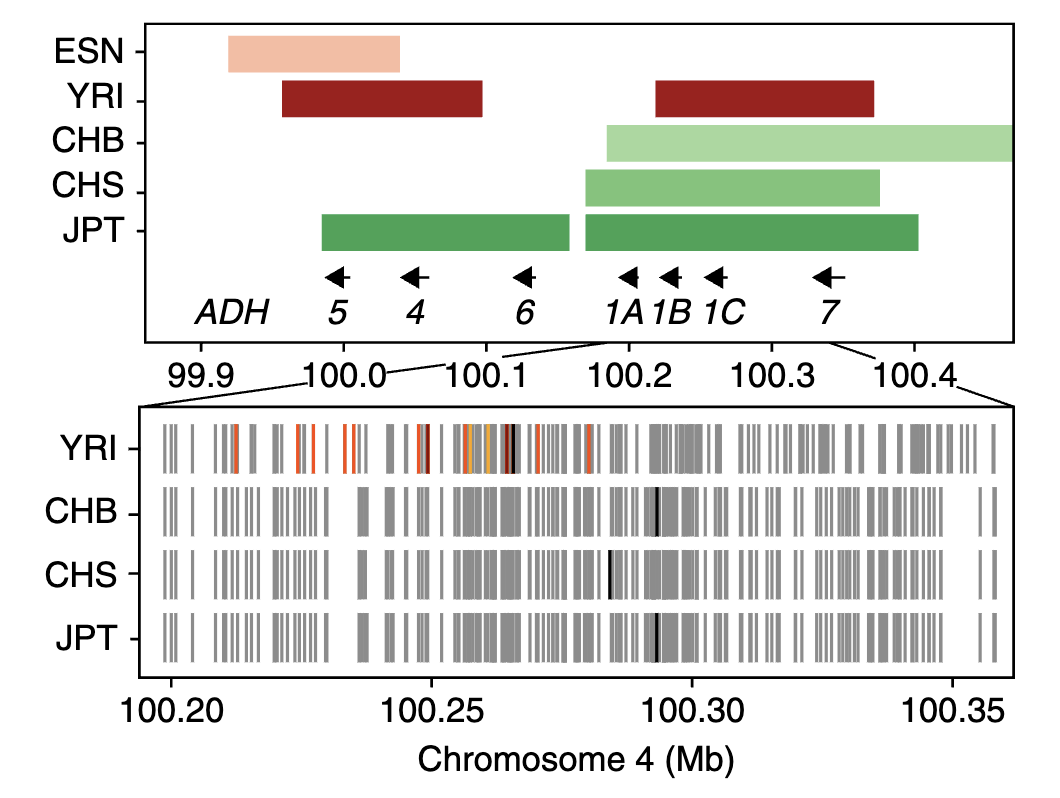
K.E. Johnson & B.F. Voight Nature Ecology & Evolution 2018
You can download my CV here.